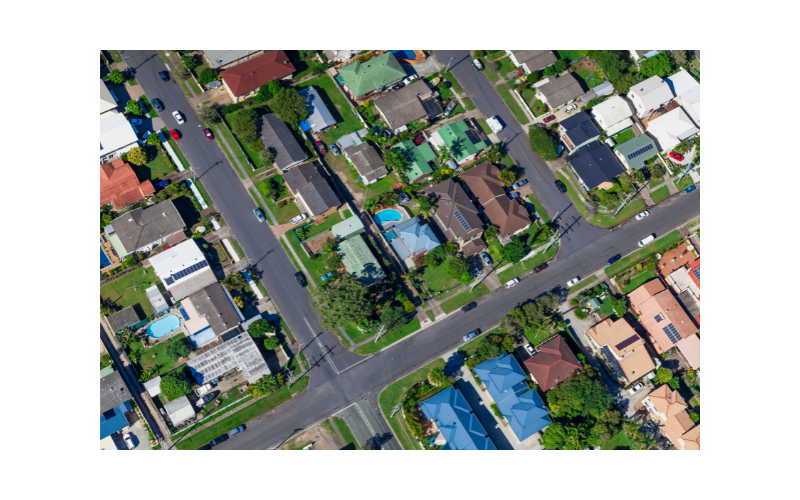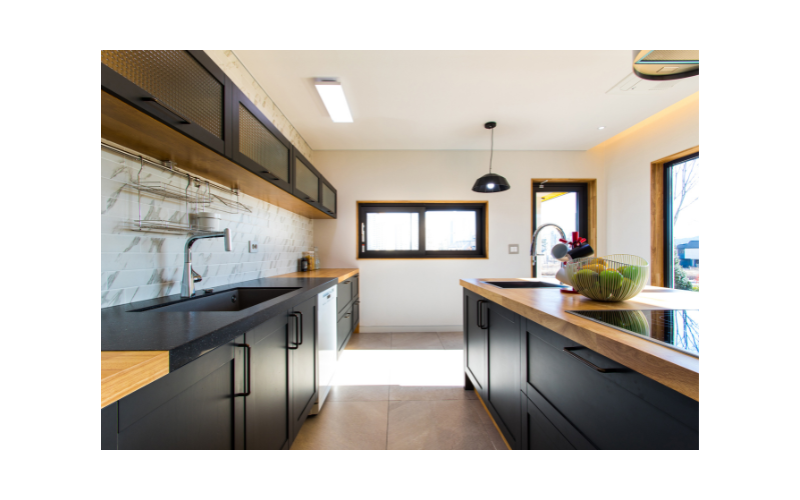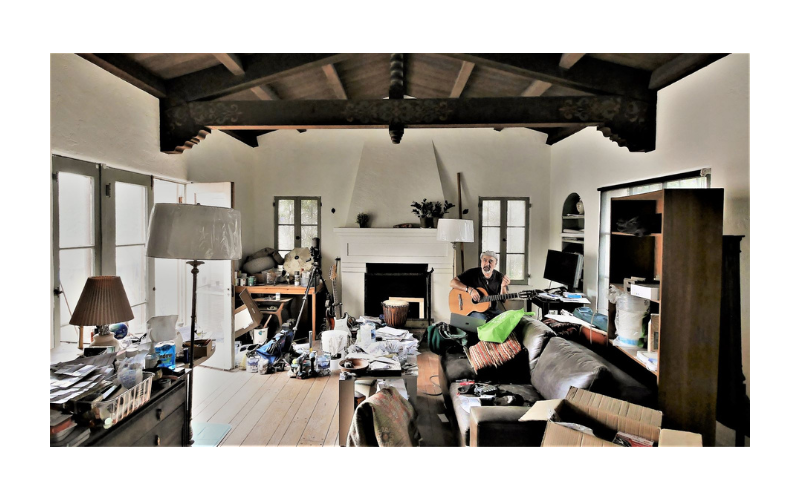Receiving rental income in the UK has become very lucrative because of the hike in rent and scarcity of rental houses.
When landlords receive rental income from renting out properties in the UK, they are chargeable to income tax on the rental profit.
The landlord could either be resident in the UK or a non-resident, income tax would still be due on the rental income earned.
If your profit is more than £2,500 to £9,999 after allowable expenses or £10,000 or more before allowable expenses, you would have to report your rental income on your self-assessment.

The appropriate time to inform HMRC about receiving rental income in the UK.
When an individual has rental profit, they would have to inform the HMRC by registering for self-assessment online, or over the phone with HMRC
The registration has to be made by the 5th of October after the tax year after the end of the tax year that you first receive the rental income.
For example, let’s say Asha starts renting out a property by the 1st of Dec 2021
This simply means that the y started receiving rental income within the tax year 2021/22, therefore they are required to inform HMRC by the 5th of October 2022 because the tax year ended on the 5th of April 2022.
They would also have to submit their tax return by the 31st of October after the tax year if submitting paper returns. If submitting their return online, they would have to submit it by or 31st of January after the tax year.
Tax payable by the landlord when receiving rental income in the UK.
The rental profit from rent received by landlords is taxable in the UK.
Rental profit is calculated by deducting rental expenses from the rent receivable in the tax year.
The tax year starts from the 6th of April to the 5th of April every year.

Tax deductible expenses when receiving rental income in the UK.
The HMRC accepts that whilst renting a property out to tenants, they could incur some cost in the tax year.
These expenses could vary depending on the personal circumstances of the taxpayer,below are some examples of expenses that could be claimed by the landlord.
The effect of claiming these expenses is that it reduces the tax due when submitting self-assessment returns.
- General maintenance and repairs to the
- Water rates, council tax, gas, and electricity
- Insurance, such as landlords’ policies for buildings, contents and public liability
- Costs of services, including the wages of gardeners and cleaners
- Letting agent fees and management fees
- Legal fees for lets of a year or less, or for renewing a lease for less than 50 years
- Accountant’s fees
- Rents (if you’re sub-letting), ground rents and service charges
- Direct costs such as phone calls, stationery and advertising for new tenants
- Vehicle running costs (only the proportion used for your rental business)
Non-tax deductible expenses when receiving rental income in the UK.
There are some costs that are spent by the landlord but are not deductible to enjoy tax relief.
Examples of such are shown below
- Mortgage payments: Only the Interest element of the mortgage payment can be deducted as an expense.HMRC has introduced a new change to the amount of mortgage interest that could be deducted from rental income.
From the tax year 2017/18, HMRC is planning to gradually remove the relief for mortgage interest. For example:
- 2017/18 -only deduct 75% of mortgage interest could be deducted.
- 2018/19 -reduced to 50%.
- 2019/20- reduced to 25%.
- Since the tax year 2020/21, Landlords would not be able to claim tax relief for mortgage interest paid on the rental property.

2. Capital Expenditure-
When a landlord spends on items that could be used in the property for more than a year, it most like would be a capital expenditure.
For example adding something to the property, altering or upgrading part of the house and also purchasing furnishing and equipment for the property.
These are not deductible under rental income because they are related to capital gains from the property.
When the property is sold in the future, the landlord could claim tax relief under capital gains tax.
3. Clothing – Expenses that have dual benefits are usually not allowable expenses by HMRC.
Clothing is an example of such an expense. Cost of buying, for example, a suit to wear to a meeting relating to your property rental business, you can’t claim for the cost as wearing the suit is partly for your rental business and partly to keep you warm – no identifiable part is for your property rental business.
4. Private telephone calls – Telephone expenses have to relate only to the property rental business.

5. Some maintenance and repair expenses could not be claimed against Rental income.
The cost of maintenance and repairs to a property is usually allowable expenses deductible when computing the rental profit. However, maintenance and repairs that are of a capital nature are not allowable deductions.
Repair and maintenance would have capital nature it doesn’t restore an asset to its original condition, sometimes by replacing parts of it.
The exception to this is replacing a part of a property with the nearest Morden equivalent such as replacing a single glazed with a double glazed window.
The expenses would be added to the cost of the house and relief would be received from capital gains when the property is finally sold.
How tax is computed when receiving rental income in the UK
In order to determine the tax due in a year, all the income earned by this individual is important.
If the taxpayer is a basic taxpayer, he would pay tax on the rental income at 20%, but if a higher rate or additional tax rate, the tax would be at 40% or 45%
Please note that when your tax returns are submitted, your tax code from your employment will be adjusted.
The reason is that the HMRC intends to deduct tax due from rental income gradually from your job.
Consequences of receiving rental income without a declaration
Surprisingly a lot of landlords are not aware of the compliance issues that relate to receiving rental income.
So, therefore, they have not declared this to HMRC after several years of receiving rental income.
HMRC, therefore, has opened a window which would give taxpayers not paying tax on their rental profit to make a declaration through the let property campaign.
This campaign is just for a short period and HMRC hopes this would give landlords in the UK who owe tax through letting residential properties in the UK or Abroad to get their tax up to date in a simple way.

The exception to the let property campaign for Rental Income.
The let property campaign is only open to residential properties. It’s not open to the Landlord letting out non-residential properties like shops, garages, and lockups.
It’s not available to declare rental income from a Limited company or a trust.
Advantages of declaring Rental income through The Let property campaign.
When a taxpayer makes full and voluntary disclosure of all unpaid liabilities, within this window open by HMRC they can expect a lower penalty than HMRC.
If the HMRC, finds out about this rental income themselves, they would otherwise raise an inquiry or compliance check without the disclosure.
Steps in Benefiting from The let property campaign.
- Firstly, The taxpayer would notify HMRC about their intention of taking part in the let property campaign.
- Secondly, They would inform them about all income, gains, tax, and duties you’ve not previously told them about by submitting a disclosure.
- Thirdly, Help HMRC as much as you can if they ask you for more information.
- Fourthly, HMRC would give the taxpayer 90days after informing them of the disclosure to make a disclosure
- Lastly, They would write a make a formal offer to explain their circumstance.
Conclusion on receiving rental income in the UK.
A landlord can make payment plans with HMRC on the amount outstanding rather than ignoring the window opened for disclosure.
For more information on how to make a declaration during the let property campaign kindly click
If you would also book a free consultation, kindly click to book a free consultation.
